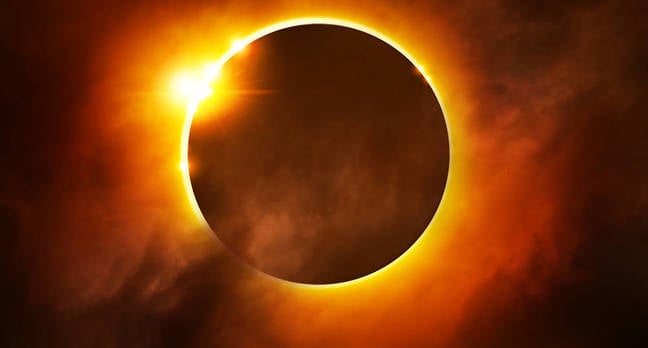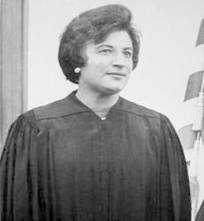Phew! This weekend, and the next few hours, were, are,
going to be lit! Starting off the weekend was the announcement that
comedian/Civil Rights defender, Dick Gregory had passed. August 19, 2017.
I recall from my kid days, seeing him on a grainy
B&W TV. After my bedtime, I’d sneak back downstairs to see what all the
hub-hub was about. Dick Gregory was on some late-night talk show. That was an
event I found out because he wasn’t singing or dancing or smiling. He was
standing still, holding a mic and “spitting truth” to a White audience and
making them laugh. On a particular visit year before, Gregory had broken a
barrier for Black comedians. It was a fact that once a comedian had done his
set on the Tonight Show with Jack Parr,
and had been invited to sit on the couch (the infamous couch) afterward to chat
with Parr, the sky was the limit for said comedian. A few Whites had been
invited. No non-Whites. Well, Dick Gregory was a hot commodity even though he
had only been playing Black nightclubs. His name was on everyone’s lips. Parr
wanted him on his show. Well. The word on the street was that Mr. Gregory,
being Mr. Gregory, had said to Parr, “If I do not get the invite to the couch,
I ain’t doing the show.” He got the invite and the show and the rest is history.
Now back to my crazy house. My youngest uncle was in
college at the time, living at home, was quite militant and Mr. Gregory was his
messiah (next to Malcolm X). Uncle Cy was 20 years old and a brainiac. He was
more than what the kids today call “woke.” He was the guy who SET THE DAMNED
ALARM CLOCK! Yeah. He had a glorious ‘fro, wore dashikis, gave Black Power
salutes and called for “action!” Mesmerized me. Worried the hell outta my
grandparents. He was a handsome gay man, brilliant and Black. A dangerous
trifecta to the “establishment” and himself. He was set on “changing the world.” Anyhoo, he
had bought Dick Gregory’s comedy double LP Caught
In the Act and had played that thing so much that my grandfather almost
strangled him. After Grandpop laid down the law that any continued airings of
said LP had to be in my uncle’s bedroom on his HI-FI (!) at a very low volume,
peace was achieved. Nosy me used to sit on the floor outside his bedroom door
and strain to hear, for the umpteenth time, the stuff I didn’t understand the
first time. I still didn’t get it. I had to wait some years later. Richard
Pryor was my icon.
In any case, Mr. Gregory went on to charm to globe
into hearing about the plight of the ignored while making the globe laugh and
think. My uncle went on to get his degrees in education and taught children
because he believed that was the key to liberation for Black kids. He strove
for that all his life even while working on his PhD while deathly ill and
eventually dying in ’88.
Along with my mom, Uncle Cy, raised me to be a reader
and a seeker. To know all kinds of stuff from books. The requisite stuff. That
canon. Yeah. But they also raised me to know the stuff you can’t get from books.
The stuff that is not on the page that is needed in practical living. So, a
comedian changed a young man’s life. And
that young man changed mine because he NEVER let up on me about education.
NEVER. Thank you, Mr. Gregory!
The second happening that I am certain most Americans
didn’t know about was the anniversary of the landing of the first Blacks in
America. That event took place on August 20, 1619, a full year before the
Mayflower. Boy, I say a full year, boy! The Dutch man of war that brought them
is not mentioned or recorded or named. It sailed into Jamestown, VA and dropped
anchor in the harbor. It was manned by pirates and cut-throats who had robbed a
Spanish ship of its load of Africans, a cargo that had been expected in the
West Indies. To make a long story short, the captain needed provisions for his
crew. To get them, he swapped the Africans for food. One pair was a couple in
love: Antoney and Isabella. Who, miracle upon miracle, were allowed to stay
together. Around seventeen others rounded out the group. And voila! The first
Blacks in America. (For further investigation, see the book, Before the Mayflower by Lerone Bennett, Jr.). So that event
came and went. I wonder if Jamestown had a re-enactment of that.
Now, the biggie is upon us. The Solar Eclipse. No, I
shall not be watching. I do not trust any apparatus out there on sale. The only
place I would trust is the Franklin Institute in Philly if I were so inclined.
They are setting up specially-equipped tents on the lawns from which to view
the heavens. I’ll catch the next one in 2024 if I’m still here. And if I’m not,
I’ll have a front row seat anyway so it won’t matter.
I felt compelled to make note of these events because
all three happening were rather extraordinary. An eclipse, the marking of
something that should be a major event. I mean the first Blacks landing in
America IS a big deal. Perhaps that should be commemorated with a statute?
You’re probably asking, “But why did she include Dick Gregory in these things?”
Well, I see it as an exchange of energy. According to what I believe, when one
passes, one’s energy doesn’t leave right away. It lingers for a bit. I think
Mr. Gregory’s essence is now ready to go. So, the eclipse coming in and then
leaving will take Baba Gregory’s energy with it. What a fitting exit!
R. I. P. to Jerry Lewis too. I watched MANY a MDA Labor Day telethon and his films over and over at the neighborhood movie theatre. My favorite being The Disorderly Orderly. He made me laugh so hard some times I couldn't breathe. I even used to imitate that laugh he had in films to the consternation of my poor mom. She did end up cracking up though after a while
Okay. Now I must
exit. Bye.















